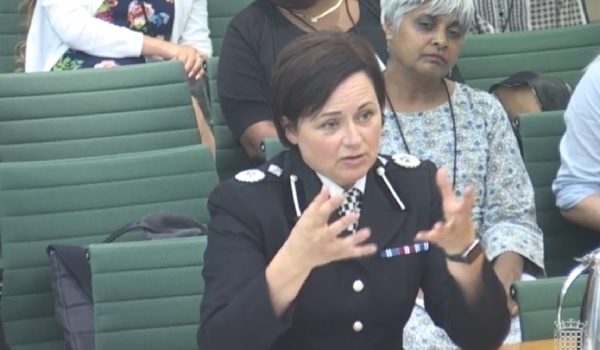Dangerous dogs: Breed-specific legislation inquiry launched
MPs have launched a new inquiry to investigate whether laws banning certain dangerous dogs are still effective at keeping people “properly protected” from attacks.
The Dangerous Dog Act was introduced to Parliament in 1991 to oversee the ban of four specific dog breeds deemed a danger to the public.
However, statistics from the Government’s Environment, Food and Rural Affairs Committee (EFRAC) show that hospital admissions for dog bites increased by three quarters between 2006 and 2016.
And the RSPCA has told the committee that current legislation is “unjust” and “not working”.
On Friday (May 11), EFRAC chair Neil Parish announced his committee would examine whether the law needs to be overhauled.
The MP said: “My committee will investigate whether the Government’s current approach is having the desired effect, and whether any changes are needed to ensure that the public is properly protected and that animal welfare concerns are properly addressed”.
The 1991 Act made it an offence to keep four types of dog traditionally bred for fighting – the pit bull terrier, Japanese Tosa, Fila Brasileiro and Dogo Argentino – unless the animal was placed on the Index of Exempted Dogs and kept in compliance with certain requirements.
There has been substantial debate about the effectiveness of this legislation and the impacts on dog welfare. According to the RSPCA, 30 people died between 1991 and 2016 in dog-related incidents, of which 21 involved dogs of breeds/types not prohibited by the law.
If the dog is deemed to be a dangerous type, or its owners plead guilty in court, they could face an unlimited fine or up to six months in prison as well as the dog being put down.
Mr Parish told the Commons: “There is evidence to suggest that we should account for the temperament of the dog when assessing its danger to society. There is also the view that some banned dog breeds can be suitable pets in certain circumstances.”
The RSPCA, which campaigns against breed-specific legislation such as the Dangerous Dogs Act, has branded the current rules ineffective. It says “huge numbers” of dogs have been destroyed “simply for looking a certain way”.
Tory MP Andrew Rosindell called for a review two years ago, arguing that legislation was “simply not effective” and that the problem was “not with the dogs but with their owners”.
The committee has asked for written submissions on the effectiveness of the Government’s current approach to protecting the public from dangerous dog attacks; what changes, if any, should be made to the current approach and legislation; how can police forces and local authorities be best supported in reducing the number of dangerous dog-related incidents; and what lessons could the UK learn from other countries dealing with similar issues.
The evidence deadline is June 6, 2018.







